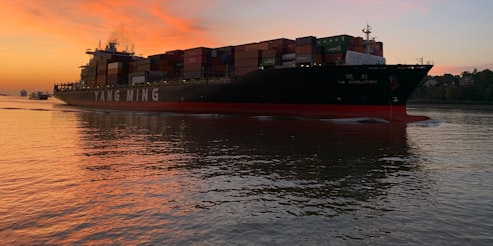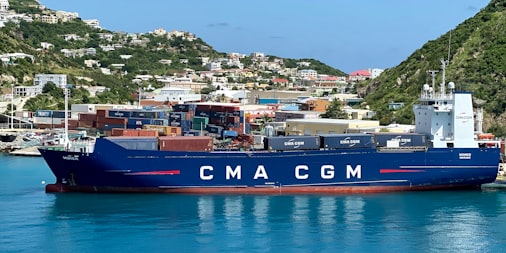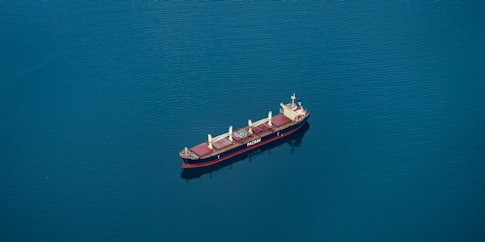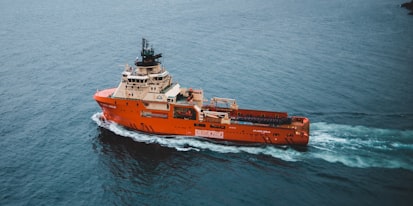
Implementation of the ISM Code offers the opportunity for the industry to move away from a culture biased towards blame to one of shared sense of personal responsibility for safety throughout the organisation. A major benefit of the ISM Code is that it encourages lessons to be learned from incidents.
In the following table, we have compiled a list of accidents related to ISM Code failures to highlight lessons learned. Besides, by learning lessons, safety procedures can be reviewed and amended to...
https://safety4sea.com/cm-accidents-related-to-ism-code-failures-what-we-have-learned-so-far/








